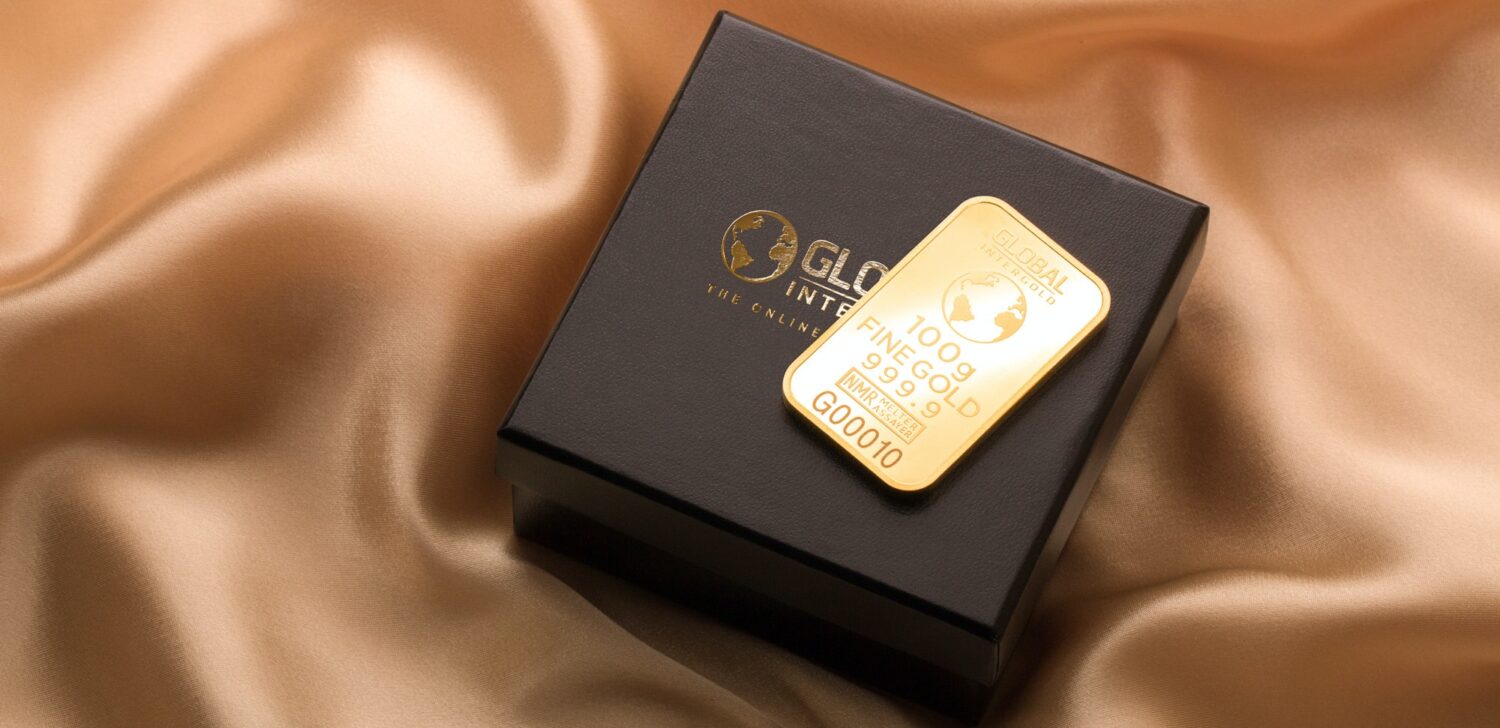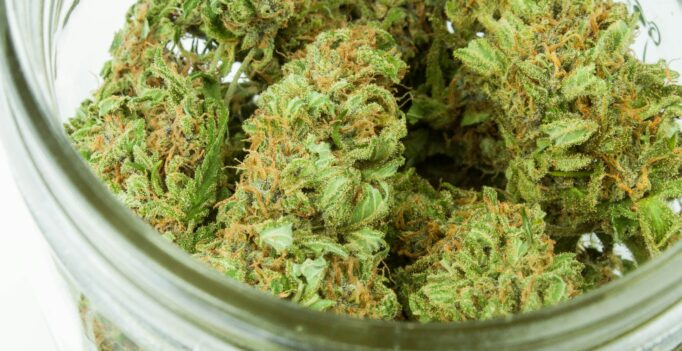What is THCA?
THCA is a forerunner to THC, discovered in raw and freshly gathered cannabis plants. Unlike THC, THCA is non-intoxicating, implying it does not cause the “high” frequency related to cannabis intake. When based on warmth with a treatment called decarboxylation– usually attained with smoking cigarettes, vaping, or cooking– thca flowers converts into THC, the psychedelic substance recognized for its blissful results.
The Power of THCA Flowers
While THC controls much of the discussion surrounding cannabis, THCA has been obtaining recognition for its prospective restorative buildings. Research recommends that THCA may supply a variety of health and wellness benefits without the psychedelic influences of THC. Some prospective benefits of THCA contain the following:
1. Anti-inflammatory Attributes:
THCA reveals encouraging anti-inflammatory homes, making it beneficial for handling conditions such as arthritis, inflammatory gastrointestinal system problems (IBD), and various other inflammatory disorders. By lowering swelling, THCA could ease discomfort and improve total wellness.
2. Neuroprotective Influences:
Study researches suggest that THCA may have neuroprotective homes, offering potential advantages for neurodegenerative troubles like Alzheimer’s illness and Parkinson’s problem. By safeguarding nerve cells from damage and wear and tear, THCA reveals assurance as a recovery rep for keeping mind wellness.
3. Antiemetic Top qualities:
THCA has been revealed as an antiemetic, implying it may aid in decreasing nausea and vomiting. This makes it particularly important for individuals undertaking chemotherapy or experiencing queasiness about various other medical problems.
4. Antioxidant Benefits:
Like other cannabinoids, THCA has antioxidant buildings, which help battle oxidative tension and mobile damages triggered by free-of-charge radicals. Antioxidants are essential in preserving basic wellness and decreasing the danger of consistent illness.
Usage and Availability
THCA-rich things, such as THCA blooms, essences, and casts, are ending up being dramatically available in lawful cannabis markets. THCA flowers are collected and refined to shield the cannabinoid in its raw kind, guaranteeing clients can appreciate its potential benefits without the psychoactive outcomes of THC
Intake techniques for THCA blossoms vary, with alternatives consisting of smoking cigarettes, vaping, or integrating them right into edibles and drinks. Some users could consume THCA in its raw kind by including it in salads or drinks to maximize its prospective wellness advantages.
Comprehending THCA and THC
THCA and THC are both cannabinoids, chemical compounds situated in the marijuana plant. Nevertheless, they have distinct buildings and impacts because of their varying chemical structures and communications with the endocannabinoid system (ECS).
THCA (tetrahydrocannabinolic acid) is the acidic forerunner to THC. In raw marijuana flowers, THCA is the leading cannabinoid, generally making up about 90% of the complete cannabinoid content. Unlike THC, THCA is non-intoxicating, suggesting it does not create the psychedelic results generally gotten in touch with cannabis intake. Instead, THCA is valued for its possible recovery benefits, consisting of anti-inflammatory, neuroprotective, and antiemetic residential or commercial properties.
When cannabis is warmed up with treatments such as smoking, vaping, or cooking (decarboxylation), THCA undergoes a chemical change, shedding a carboxyl team and trading THC. This decarboxylation process is important for activating the psychoactive properties of marijuana. For that reason, heated cannabis products, such as smoked blossoms, edibles, and concentrates, include mostly THC instead of THCA.
Differences in Chemical Structure
The chemical structure of THCA and THC varies mostly in their molecular structure. THCA includes a carboxyl group (COOH) fastened to the particle, which is missing in THC. This carboxyl group is responsible for THCA’s acidic nature. It contributes to its unique residential or commercial properties, including failing to bind straight to cannabinoid receptors in the ECS.
THCA’s carboxyl group makes it water-soluble and much less easily absorbed by the body compared to THC. For that reason, taking in raw marijuana or THCA-rich products frequently causes marginal psychoactive results, if any type of. On the other hand, THC easily crosses the blood-brain challenge, binding to cannabinoid receptors in the mind and main nerves, consequently creating the particular happiness and altered assumption related to marijuana intoxication.
Taking A Look At THCA Flowers and Mental Wellness And Health
Beyond stress and stress and anxiety management, THCA flowers are collecting rates of interest for their possible effect on many mental illnesses. While extra substantial clinical trials are called for, unscientific evidence recommends that people with tension and stress and anxiety, anxiousness, PTSD, and other state-of-mind problems have reported benefits arising from integrating THCA-rich cannabis right into their health routines.
Additionally, THCA’s purported neuroprotective residential or commercial properties increase interesting opportunities for problems like neurodegenerative conditions and cognitive decline connected to aging. While its efficiency remains speculative, a reoccurring research study guarantees to clarify THCA’s features in mental and neurological health.
Factors to consider for Usage
Before consisting of THCA flowers in your anxiousness management or mental wellness regimen, it’s crucial to take into consideration many components:
Authenticity and Schedule: The legitimacy of cannabis and its derivatives varies by territory. Ensure compliance with local regulations and laws prior to obtaining THCA flowers.
Quality and Purity: Look for reliable sources that stick to rigid quality control steps. Organic growing and third-party screening for efficiency and impurities are vital for making certain products safe and efficacy.
Dose and Administration: With low dosages, considerably titrate upwards to examine specific response and resistance. The aspect to consider in administration strategies, such as inhalation, intake, or topical application, is critical in enhancing therapeutic outcomes.
Holistic Method: While THCA flowers may provide adjunctive benefits, they need not replace conventional treatments or natural techniques for tension management and mental wellness. Consisting of techniques like mindfulness, exercise, nutrition, and therapy synergistically improve complete health.
Verdict
As the interest rate in marijuana continues to expand, so also does our understanding of its difficult chemistry and therapeutic capability. THCA blossoms stand for a fascinating aspect of marijuana growing and usage, using special health and health advantages beyond those related to THC alone.
While even more research is needed to entirely identify the devices and results of THCA, very early searchings recommend that this cannabinoid holds a guarantee as a therapeutic agent for many illnesses. Whether used medicinally or recreationally, THCA flowers are an alternate alternative for cannabis clients looking for the feasible advantages of cannabinoids without the psychedelic impacts of THC.
As legalization campaigns are created and scientific study expands, the task of THCA in the marijuana landscape is likely to end up being a lot extra preferred. By uncovering the power of THCA flowers and accepting the range of cannabinoids, we open up brand-new possibilities for health and discovery on the planet of marijuana.

